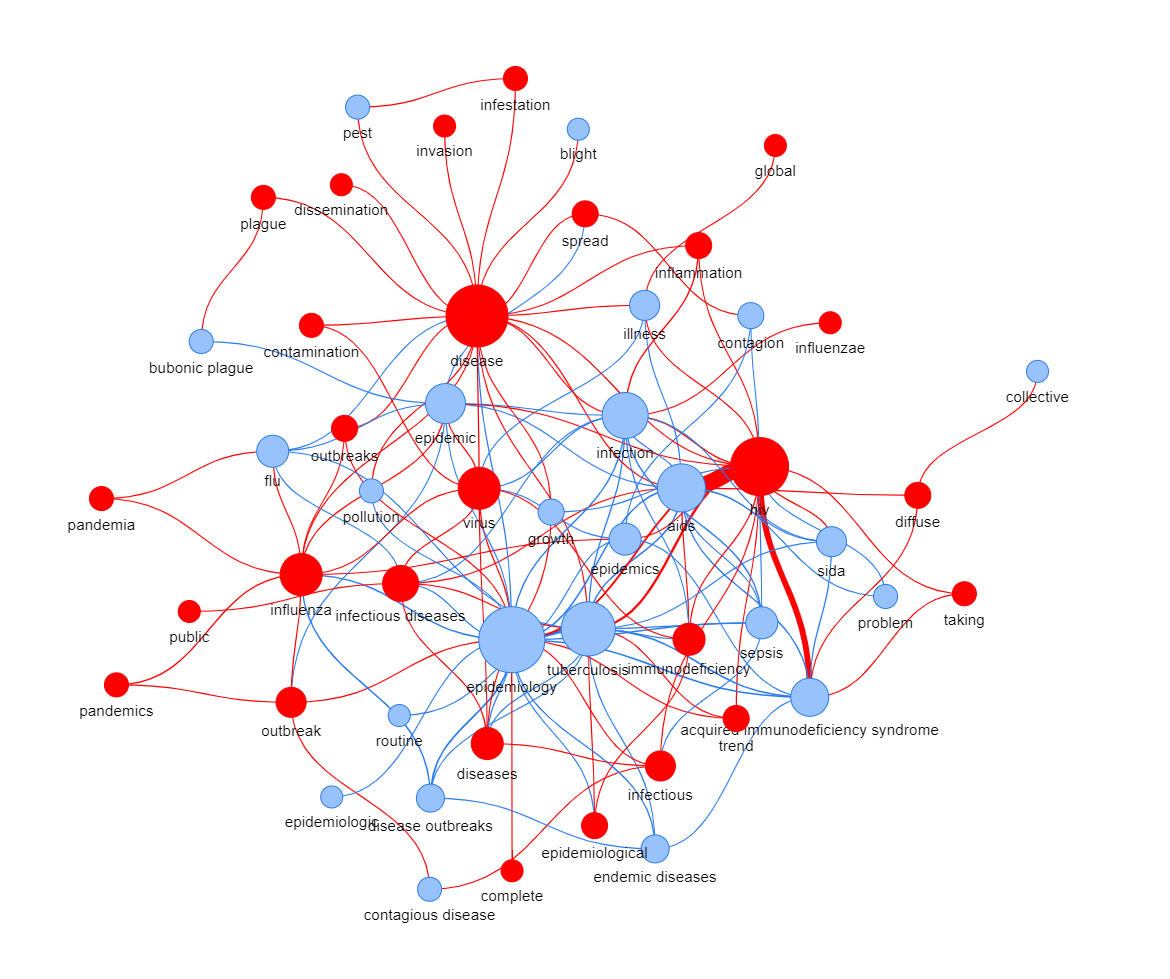This blog has been archived. A new one has been set up at this link.

The European Commission selected 117 winners of the European Innovation Council’s EU vs Virus Hackathon, which will be taken forward for further development. Hungary’s Team Discovery is to develop a patient monitoring system for nurses to avoid physical contact with patients, while the ‘Linistry for safe retail’, also from Hungary, will work on a system to help customers maintain a safe distance from each other in shops. Meanwhile, developers from Bulgaria, Germany, Malta, Sweden and Switzerland have teamed up for the ‘Aidbind’ project, which aims to ensure efficient flows of information to help balance supply with the demand of medical products.
With universities and schools shut down, virtual learning will be supported through ‘The Village’ an online platform, to be developed by partners from India and the US, Switzerland and Ukraine. In finance, a Lithuanian project, Bankera Business Care will provide SMEs with short-term loans to cover their liquidity needs. Finally, Greece, the Netherlands, Spain and the UK will create Sewers4COVID, a fast, cost-efficient and large scale way of tracking the spread of COVID-19 through wastewater systems, providing information on the spread of the virus and allowing better deployment of resources.
Irish minister for Business, Enterprise and Innovation, Heather Humphreys announced the latest winners of the national R&D response to the coronavirus pandemic, with five projects from the University College Dublin (UCD) getting a total of €1.1 million. These new awards bring the total number of COVID-19 projects to 26, with €5 million awarded to date. One of the UCD projects was awarded €540,000 to develop and supply reagents and materials for hospitals, making this the highest funded among the 26 research teams. For more information about the call, see our database of funding opportunities.
The Spanish Centre for the Development of Industrial Technology (CDTI) approved four new projects focussing on the manufacture of vaccines and face masks, diagnostics, and COVID-19 viral research. The total value of the four projects is €2 million, of which CDTI will put in €1.6 million. Of four companies awarded money, three are SMEs.
Maria de Graca Carvalho and Marisa Matias, the two MEPs who are rapporteurs on European Institute of Innovation and Technology (EIT) legislation, have proposed ways to tune EIT’s approach to improve its response to the coronavirus crisis. The two MEPs emphasised the need for changes to the EIT health and EIT digital Knowledge and Innovation Communities (KICs), to bring in countries that are not involved to date, to promote greater collaboration with SMEs and to give precedence to projects with better gender balance. The MEPs also stressed the need to cut red tape. The EIT budget for 2021-27 is €3 billion.
The EU Datathon, an annual competition to promote the development of apps using open data sources made available by the EU institutions, agencies and bodies, is closing its call for proposals on 3 May. This year the Datathon is interested in apps applying COVID-19 data. Twelve winning teams will be invited to develop their apps and present them at the 18th European Week of Regions and Cities on 13 – 15 October. There are already examples of such applications, for instance the interactive map of related coronaviruses on Wikidata and the COVID-19 publications dataset from the Allen Institute.

The deadline for this year’s Research and Innovation Staff Exchange (RISE) call for proposals has been extended by two weeks until 12 May. The programme, which promotes cross-border and cross-sector collaboration between research and markets through short term exchanges of staff, is one of the biggest European EU schemes for fostering new partnerships between R&D organisations, with an overall budget of €80 million.
The €3.9 million EU Horizon-backed project Andy (Advancing Anticipatory Behaviours in Dynamic Human-Robot Collaboration) has refocused its research to develop a prototype for a wearable smartband that alerts users when their body temperature is higher than 37.5 degrees and if they’re too close to another person. The smartband is also records which other smartband wearers it has been in close contact with, enabling contact tracing in case of COVID-19 infection.
The European Commission has published guidelines that are intended to reduce the negative impacts of the pandemic on clinical research in Europe. The recommendations focus on ensuring the safety of participants in coronavirus drug trials but also aim to make sure that clinical trials for diseases other than coronavirus, notably for rare diseases and serious or life-threatening medical conditions with no satisfactory treatment options, are not disrupted by the current crisis. Amongst other measures, drugs can be delivered to patients’ homes and data collected by phone or online to avoid the need for hospital visits. The commission said the relaxation of rules will be reversed once the crisis is over.
The European Commission has given the greenlight for a €4 million direct grant programme to support coronavirus related R&D projects in the Brussels region. The state aid will incentivise companies to redirect resources to the production of vaccines, drugs, medical devices and equipment. Companies will have 80 per cent of eligible costs covered by the aid scheme. Research organisations will also be encouraged to set up cross-border collaborations with a 15 per cent bonus if research projects are supported by more than one member state.
Stamina, a new €9.5 million EU funded project will design a decision support system for future pandemics, drawing on modelling, early warning systems and management tools. European countries have had difficulties organising their responses to the current crisis and Stamina aims to improve risk communication and operations. Once complete, the system will be tested in twelve European regions and then at national levels.

 A unique international forum for public research organisations and companies to connect their external engagement with strategic interests around their R&D system.
A unique international forum for public research organisations and companies to connect their external engagement with strategic interests around their R&D system.